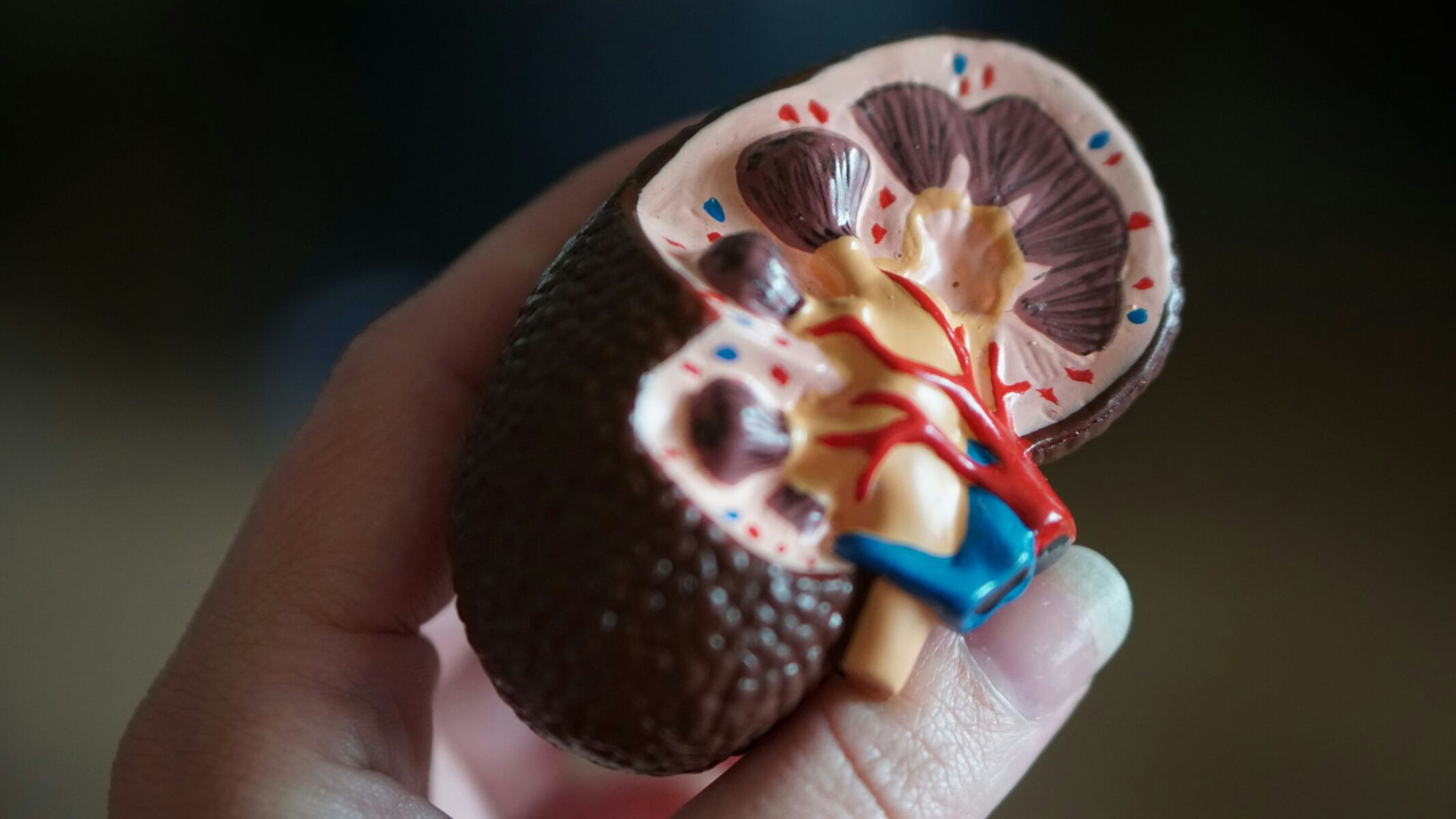A new common health threat that most people are not aware of – CKM syndrome

You might think that your heart and kidneys work separately within your body, but they are actually deeply connected. The health of your heart can significantly influence the health of your kidneys, and vice versa. This interconnectedness has led health experts to identify a new health issue called cardiovascular-kidney-metabolic (CKM) syndrome.
What is CKM syndrome?
CKM syndrome is a condition that includes risk factors for heart disease, kidney disease, obesity, and type 2 diabetes. These conditions are common among older adults and are prevalent literally in every country. A recent study published in the journal JAMA suggests that nearly 90% of American adults have some stage of CKM syndrome and the prevalence is the same in most countries. This means many people are at risk without even knowing it.
The scope of the problem
According to the American Heart Association, 1 in 3 U.S. adults have three or more risk factors for CKM syndrome. These risk factors range from being overweight to having chronic conditions like diabetes. The syndrome was first recognised by the American Heart Association in an advisory released last fall.

How CKM syndrome develops
CKM syndrome can start with a metabolic disorder, such as type 2 diabetes or obesity. These conditions can then increase the risk of developing heart and kidney problems. Medical experts from Johns Hopkins University describe CKM syndrome as a major driver of premature deaths, especially from heart disease. Cardiovascular deaths, which were once declining, are now on the rise again, largely due to CKM syndrome.
The domino effect of CKM syndrome
The causes and effects of CKM syndrome are wide-ranging and complex. For example, obesity can lead to kidney disease, which then causes a host of other health issues. When the kidneys are damaged by conditions like diabetes or hypertension, it can lead to widespread problems in the body, including high blood pressure, insulin resistance, and worse cholesterol levels.
The CKM syndrome stages
A recent study analysed a group of 10,762 adults from across the U.S. to determine their stage of CKM syndrome risk. The stages are as follows:
- Stage 0: No CKM risk factors (10.6% of participants).
- Stage 1: Low-level CKM risk, including being overweight or having higher than normal blood sugar levels (25.9%).
- Stage 2: Stage 1 criteria plus metabolic risk factors like high triglycerides, high blood pressure, diabetes, or chronic kidney disease (49%).
- Stage 3: Early signs of cardiovascular disease, such as calcium buildup in the arteries, along with Stage 1 and 2 criteria (5.4%).
- Stage 4: Highest CKM risk, including all previous stage criteria plus cardiovascular disease (9.2%).
Reversing CKM syndrome
Being on the CKM spectrum doesn’t mean you are destined to progress to a higher stage. Medical experts emphasise the importance of lifestyle changes, such as exercising for 150 minutes a week. This can help manage weight and prevent or control chronic conditions like diabetes.
For those with more advanced risks, medications can play a crucial role. There are drugs available to manage high blood pressure, high blood sugar, and high cholesterol, which can reduce the risk of other related health issues.

Weight loss medications, such as semaglutide (found in Ozempic and Wegovy), have also shown promise in addressing kidney disease and preventing cardiovascular deaths.
The importance of kidney health
Medical Researchers stress that kidney disease is a strong risk factor for cardiovascular disease. Improving kidney health can lead to overall better health and reduce the risk of other serious conditions.
This disease is a widespread but often overlooked health issue that affects a significant portion of the adult population globally. Understanding the interconnectedness of heart, kidney, and metabolic health is crucial for early detection and effective management. By making lifestyle changes and utilizing appropriate medications, it’s possible to reduce the risk and improve overall health.
Understanding CKM syndrome and taking proactive steps can lead to better health outcomes and a higher quality of life for many individuals.
Should you wish to consult a medical specialist to assess if you are suffering from CKM syndrome or should you wish to be treated for CKM syndrome by experienced doctors who are leaders in this field, kindly contact MyMediTravel for more details.
Latest Thailand News
Follow The Thaiger on Google News:


























